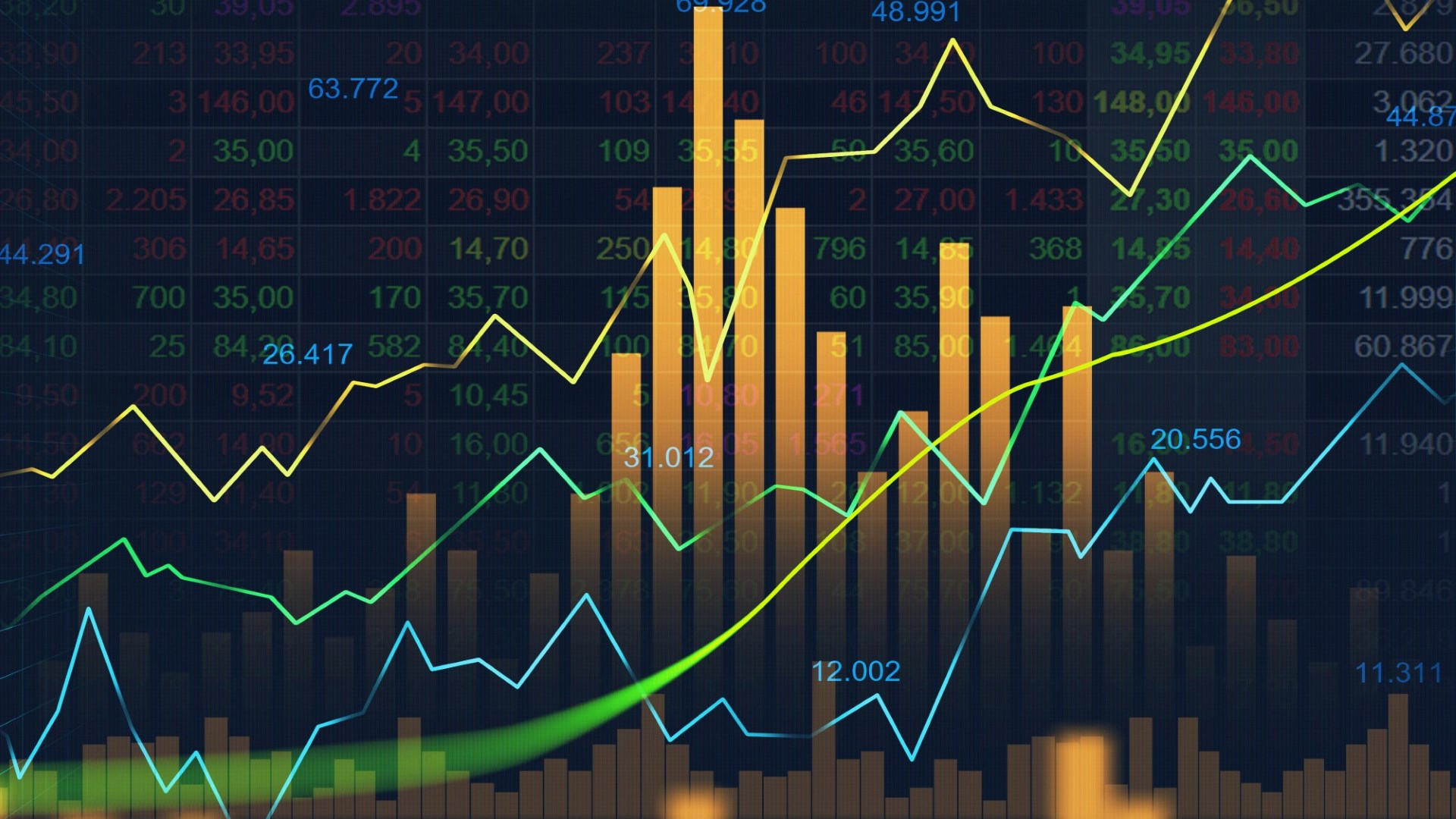Introduction
In the vast world of financial markets, countless paths promise opportunities for profit. Among the most popular options are day trading and options trading. While both strategies seek to exploit market movements, they employ distinct approaches, risks, and rewards. This article delves into the intricacies of day trading vs. options trading, providing a comprehensive guide to help you make informed decisions about your investment journey.

Image: www.bank2home.com
Day Trading: A High-Intensity Pursuit
Day trading, as the name suggests, involves buying and selling financial instruments within the same trading day. The primary objective is to capitalize on short-term price fluctuations, maximizing profits through multiple trades throughout the day. Day traders typically focus on highly liquid instruments, such as stocks, futures, or currencies, requiring lightning-fast execution and constant attention to market movements.
Advantages:
- Potential for rapid profits due to multiple trades within a day
- Flexibility to trade at any time during market hours
Disadvantages:
- High risk due to frequent trading and market volatility
- Requires significant capital to mitigate potential losses
- Intense focus and emotional control essential for success
Options Trading: Leveraging Risk and Reward
Options trading involves contracts that give the buyer the right, but not the obligation, to buy or sell an underlying asset at a predetermined price on or before a specified expiration date. Unlike day trading, which relies on quick turnovers, options trading offers flexibility and the potential for significant returns on smaller investments.
Advantages:
- Limited risk compared to buying or selling the underlying asset directly
- Potential for outsized gains even with small market movements
- Flexibility to customize and adjust positions based on market expectations
Disadvantages:
- Options can expire worthless, resulting in a complete loss of investment
- Complex strategies can be challenging to manage for beginners
- Expiration dates impose time-sensitive pressure on trades
Choosing the Right Path: Considerations for Success
The decision between day trading and options trading hinges on several key factors:
- Risk tolerance: Day trading carries higher risk than options trading, demanding a high tolerance for potential losses.
- Investment capital: Day trading typically requires substantial capital, while options trading can be executed with smaller investments.
- Trading experience: Day trading demands quick decision-making and emotional control, while options trading allows for more time-based strategies suitable for experienced traders.
- Time commitment: Day trading consumes significant time during market hours, while options trading offers more flexibility.

Image: purepowerpicks.com
Day Trading Vs Options Reddit
Conclusion
Whether pursuing day trading or options trading, a deep understanding of market dynamics, risk management, and emotional control is paramount. While day trading offers the allure of rapid profits, it also comes with high risks and demands a significant investment of time and capital. Options trading presents a more balanced approach, providing potential rewards with limited risk, but comes with its own complexities. Ultimately, the best choice depends on an individual’s financial goals, risk tolerance, and trading preferences. By carefully considering these factors, aspiring traders can navigate the complexities of financial markets and embark on a path toward success.






